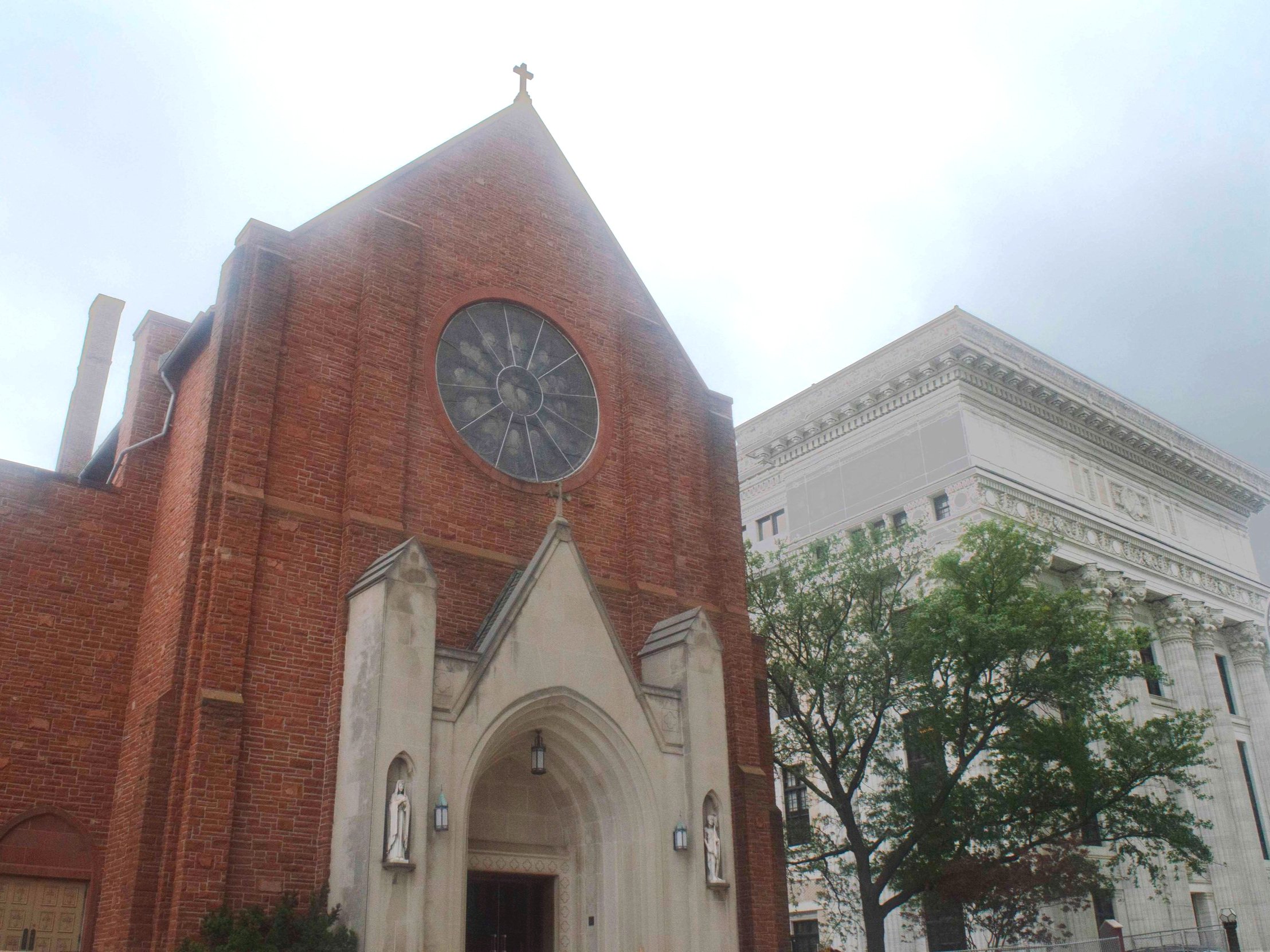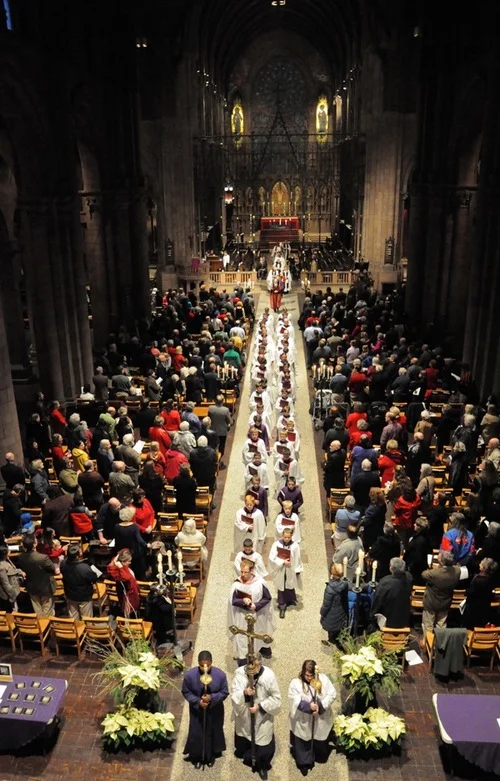
Grief & Meaning Makers' Zoom Group
As the title of C.S. Lewis’s book A Grief Observed implies, each grief is unique. We do not “get over” a loss, but rather we integrate it so we can love and hope as people respecting our loss as part of our lives. Together we will read sacred texts, grief experiences and grief theory to support our making meaning and approach to living.
Anyone thinking about grief is welcome. This group offers spiritual companionship and is not a substitution for grief therapy. Led by Brynna Carpenter-Nardone, hospital chaplain, spiritual director, artist, writer and Director of Cathedral Arts.
This group meets on the 2nd and 4th Fridays of each month.
Please fill out the form below in which you may list questions & concerns. Brynna will send you the Zoom link before the meeting.




















